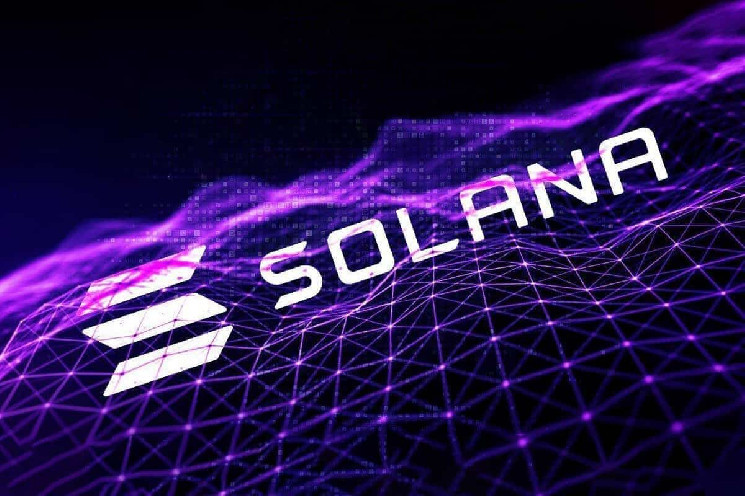Farcaster, a decentralized social protocol, recently introduced a major development: the ability to verify Solana addresses. This announcement was made by Dan Romero, co-founder of Farcaster, via social media channels. The integration of Solana Address Verification marks a milestone for decentralized protocols, providing users with improved security and accessibility.
One of the most important aspects of this integration is its decentralized nature. Unlike traditional verification processes, which often rely on centralized authorities, Farcaster’s solution works without intermediaries. This ensures that users maintain full control over their data and privacy while using the protocol.
The verification process is seamlessly integrated into Farcaster hubs, making it readily available to developers and users alike. Farcaster AuthKit plays a crucial role in facilitating this functionality. AuthKit allows developers to easily interact with users’ Solana wallets, enabling cross-chain identity cards and permissionless access to social graphs in a single API call.
Benefits of Seamless Solana Address Verification
In the landscape of decentralized protocols, seamless address verification plays a crucial role in ensuring the efficiency and security of interactions within the ecosystem. As decentralized protocols gain traction, the need for robust authentication mechanisms becomes increasingly apparent. For developers, integrating Solana address verification brings numerous benefits.
First, it simplifies the integration process, reducing the time and resources required to integrate Solana functionality into their applications. This streamlines development efforts and allows developers to focus on creating innovative solutions rather than struggling with complex integration procedures.
Additionally, Solana Address Verification improves the user experience by providing users with a seamless and intuitive way to interact with decentralized applications. With verified addresses, users can trust that their transactions are secure and that they are interacting with legitimate entities within the ecosystem. This promotes trust among users, which ultimately drives the adoption and use of decentralized platforms.
Also read: Coinbase Commerce teases Solana and Lightning network integration
Looking ahead: the future of Solana address verification
As Solana address verification integration continues to gain traction, the decentralized ecosystem is on the brink of transformative change. The implications of this development extend far beyond its immediate impact, paving the way for a more secure, accessible and interconnected decentralized future. However, with the promise of progress come considerations of scalability, security, and user adoption challenges.
Scalability remains a key concern, as the decentralized ecosystem continues to expand, demand for address verification solutions could strain existing infrastructure. Furthermore, ensuring the security and privacy of verified addresses requires continued vigilance and investment in robust encryption and authentication mechanisms.












